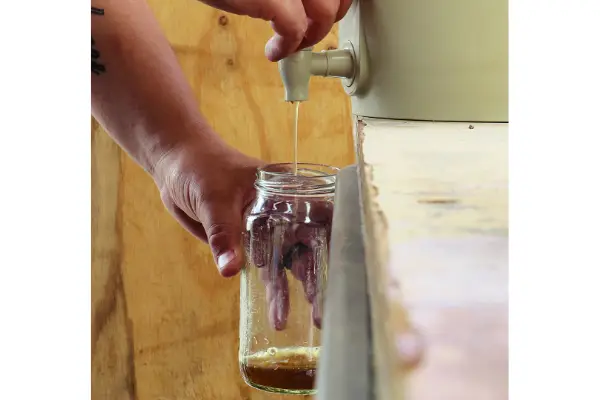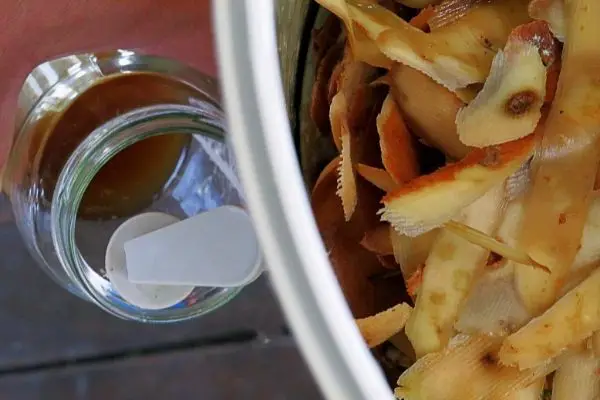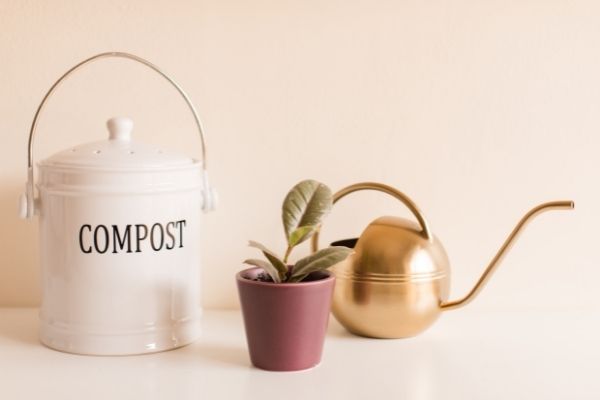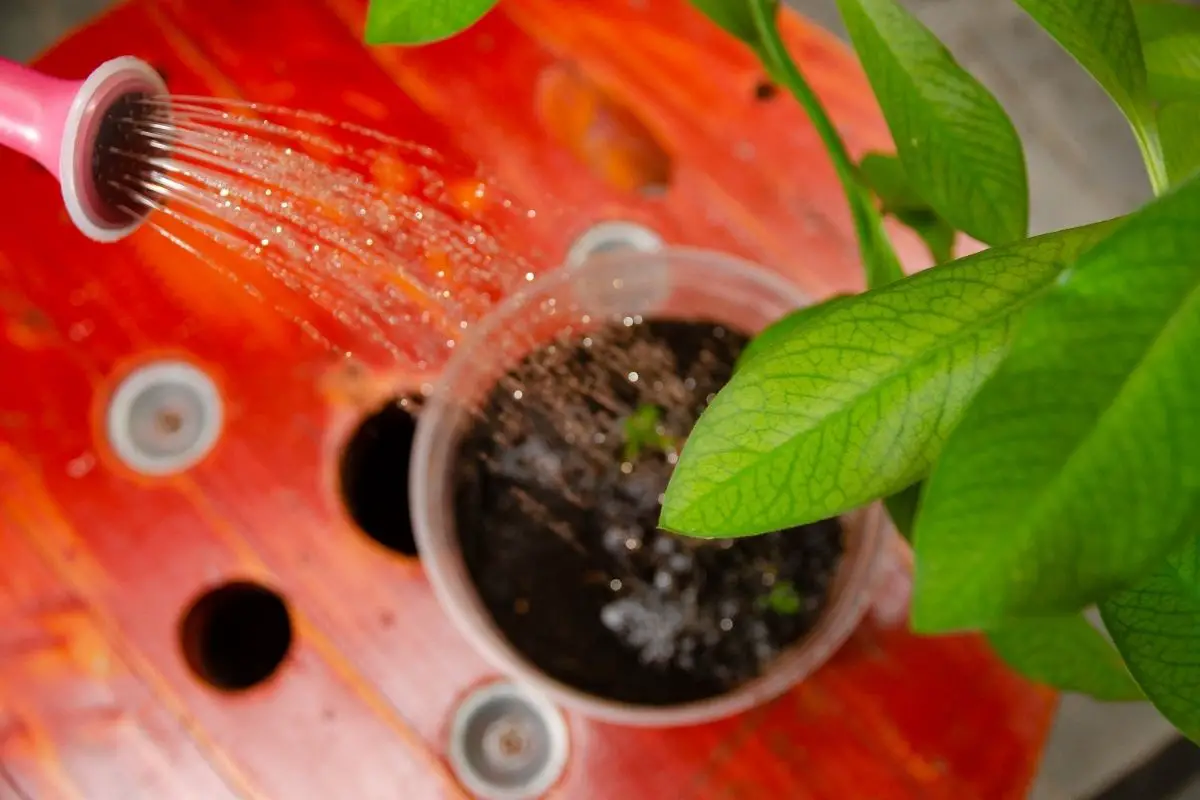Everything You Need To Know About Compost Tea pH | A Special Tea For Your Garden
Gardeners of all walks of life know the benefits of composting. But have you heard of compost tea?
Compost tea is an organic fertilizer purported to contain many of the key benefits of compost without any of the solid waste. The compost tea is not to be confused with Bokashi tea – the liquid by-product of food scraps fermenting in a Bokashi bucket.
The brewing process extracts beneficial microorganisms and nutrients from the compost and suspends them in water. You can brew your own tea with homemade or store-bought compost.

The pH level of compost tea can affect soil and plant health. Fortunately, testing and adjusting your tea’s pH is a relatively simple process.
Keep reading to learn why neutral pH compost tea is so important and how to ensure your tea meets your garden’s needs.
Why Does Compost Tea pH Matter?
The pH of compost tea matters because it can have a direct impact on the alkalinity or acidity of the soil it’s applied to.
Soil pH affects the availability of certain nutrients. It can also affect the types of microbes and other living organisms that are able to thrive in the soil.
Even plants are impacted by soil pH.

For example, the presence of moss in your lawn or garden is a likely sign that the soil is too acidic. Moss is one of the few plant varieties that flourish in acidic soil. Most other plants suffer in such conditions.
What is the ideal pH for compost tea?
Some plants prefer slightly acidic soil. Others prefer slightly alkaline soil. The vast majority, however, grow best in neutral soil.
The pH scale refers to how acidic or alkaline something is — the lower the number, the more acidic. This scale ranges from 0 to 14.
Regular compost has an average pH of 7. This is perfectly neutral.
Compost tea should be as close to neutral as possible. But various factors like water quality or contaminants may cause your compost tea to trend too acidic or too alkaline for your garden.
If your compost tea pH reading falls outside of 6.8 to 7.2, you may want to consider making some adjustments.
How Do You Know the pH of Your Compost Tea?

Fortunately, testing pH is extremely simple. You can even sample your compost tea with an at-home pool water testing kit.
These testing kits typically feature water-activated strips that change color based on the pH level. You can use these strips to quickly determine the pH of your compost tea (or the water that goes into making it).
Many kits also monitor things like chlorine levels and water hardness. This data is pretty much irrelevant to brewing compost tea.
How to Adjust the pH of Your Compost Tea
If normal compost almost always has a neutral pH level, why is compost tea so variable?
While there are scenarios where other factors can impact compost tea pH, the most likely culprit is the water being used.
Your first step in troubleshooting compost tea that is too acidic or too alkaline should be to test your household water pH level. Be sure to take a sample from the same source as you do water for brewing compost tea.
For neutral compost tea, you should use water with a pH rating between 6.5 and 7.5.
If the test strip shows a reading outside of this range, you can adjust the water pH using a buffer solution. These solutions are available in acidic and alkaline formulas and can be safely used to adjust the water pH as needed.
Once the water is within the appropriate range, you should be able to brew your compost tea as usual. Test the mixture before applying it to your garden to double-check the final pH.
Frequently Asked Questions

Can you use compost tea daily?
Some compost teas are safe to use almost daily, though this is rarely necessary.
Compost tea that is low in nitrogen, such as that made primarily from old plant matter, is safe to use regularly. However, compost tea that is high in nitrogen, such as that made from animal manure, must be applied extremely sparingly.
How long does compost tea last?
You can safely store compost tea for 4 to 6 days before use. Be sure to store your compost tea in an airtight and light-resistant container, such as a tinted jar.
It’s possible to store compost tea for longer than 6 days if you aerate the mixture. This requires setting up a bucket or other large container with an electric water pump or bubbler.
Should you use tap water for compost tea?
Yes, you can use tap water to brew compost tea. However, it’s a good idea to let the water sit overnight to allow any chlorine to evaporate.
Is Bokashi tea the same as Compost tea?
Not really! Although Bokashi tea is the by-product of composting – Bokashi composting, that is – they are different. Bokashi tea tends to be very acidic and is to be used with extra caution.






